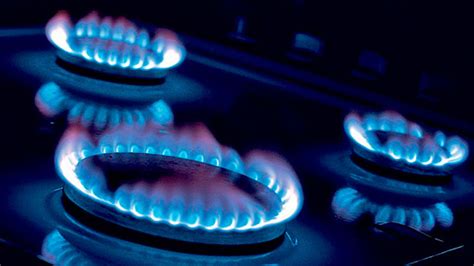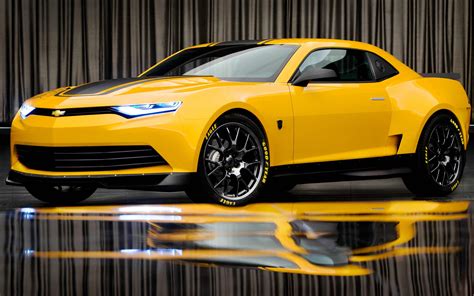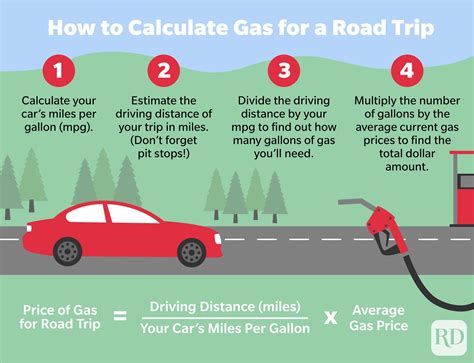Understanding Octane: More Than Just a Price Tag
The choice at the pump can often feel like a gamble: spend more for “premium” fuel, or stick with regular? Many drivers wonder if shelling out extra for higher-octane gasoline genuinely translates to better engine performance, improved fuel economy, or a cleaner engine. The truth, however, is more nuanced than marketing claims might suggest.
At its core, the primary difference between regular and premium fuel lies in their octane rating. Octane isn’t a measure of energy content or purity; it’s a measure of a fuel’s resistance to pre-ignition or “engine knock.” Engine knock occurs when the fuel-air mixture ignites prematurely under compression, leading to a detrimental rattling sound and potential engine damage over time.

When Premium Fuel Makes a Difference
For some vehicles, premium fuel isn’t just a suggestion; it’s a necessity. High-performance engines, particularly those with high compression ratios, turbochargers, or superchargers, are specifically designed to operate with higher-octane fuel. These engines operate at higher pressures and temperatures, making them more susceptible to pre-ignition if lower-octane fuel is used. Using the recommended premium fuel in these vehicles ensures optimal performance, prevents engine damage, and maintains the manufacturer’s specified power output and efficiency.
The vehicle’s engine control unit (ECU) in these cars is typically calibrated to take advantage of the slower, more controlled burn that higher-octane fuel provides. This allows the ECU to advance ignition timing more aggressively, maximizing power and efficiency without the risk of knock.
When Premium Fuel is a Waste of Money
Conversely, for the vast majority of vehicles on the road, which are designed to run on regular 87-octane gasoline, using premium fuel offers no tangible benefits. Most standard engines are built with lower compression ratios and are not tuned to exploit the anti-knock properties of higher-octane fuel. Pouring premium into a car designed for regular will not increase horsepower, improve acceleration, or boost fuel economy.
Modern vehicles have sophisticated knock sensors that detect pre-ignition. If you accidentally put regular fuel into a car that requires premium, these sensors will detect knock and the ECU will retard ignition timing to prevent damage. While this protects the engine, it can result in a slight decrease in performance and efficiency until the correct fuel is used again.

Dispelling Common Myths and Misconceptions
There are several enduring myths surrounding premium fuel:
- Myth 1: Premium fuel cleans your engine better. While all gasoline sold in the U.S. contains detergents to prevent deposits, the octane rating itself has nothing to do with a fuel’s cleaning capabilities. Both regular and premium fuels meet strict standards for detergency.
- Myth 2: Premium fuel gives you better gas mileage. Unless your car is designed for it, using premium fuel will not improve your miles per gallon. Any perceived improvement is likely coincidental or psychological.
- Myth 3: Using premium fuel “future-proofs” your engine. There’s no evidence that regularly using higher octane fuel in an engine not designed for it prolongs its life or prevents future problems.

The Golden Rule: Consult Your Owner’s Manual
The most reliable source of information regarding your car’s fuel requirements is its owner’s manual. Manufacturers explicitly state whether your vehicle “requires” premium fuel or “recommends” it. If it “requires” premium, then using anything less can lead to reduced performance and potential engine damage. If it “recommends” premium, you might experience a marginal increase in performance with premium, but regular will also be perfectly safe and functional.
In cases where regular fuel is “recommended,” the engine is capable of safely running on regular octane fuel, typically by adjusting its timing. However, using premium might unlock the engine’s full, advertised performance under certain conditions.

Conclusion: Fueling Your Car Smartly
Ultimately, the decision to use premium fuel should be based on your vehicle’s specific needs, not on perceived benefits or marketing hype. For the vast majority of drivers, regular 87-octane gasoline is perfectly adequate and will deliver the performance and efficiency your car was designed for, saving you money at the pump without compromising your engine’s health.
If your car explicitly requires premium fuel, then it’s a non-negotiable expense to ensure its longevity and optimal operation. Otherwise, stick to regular and enjoy the savings.





